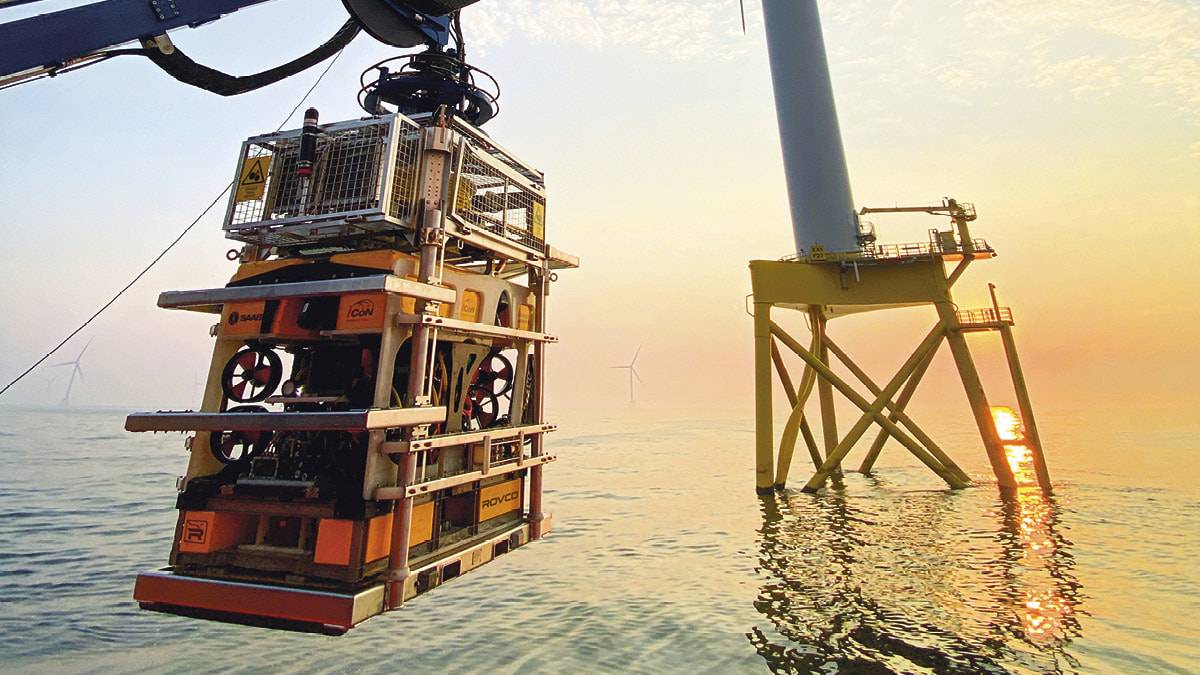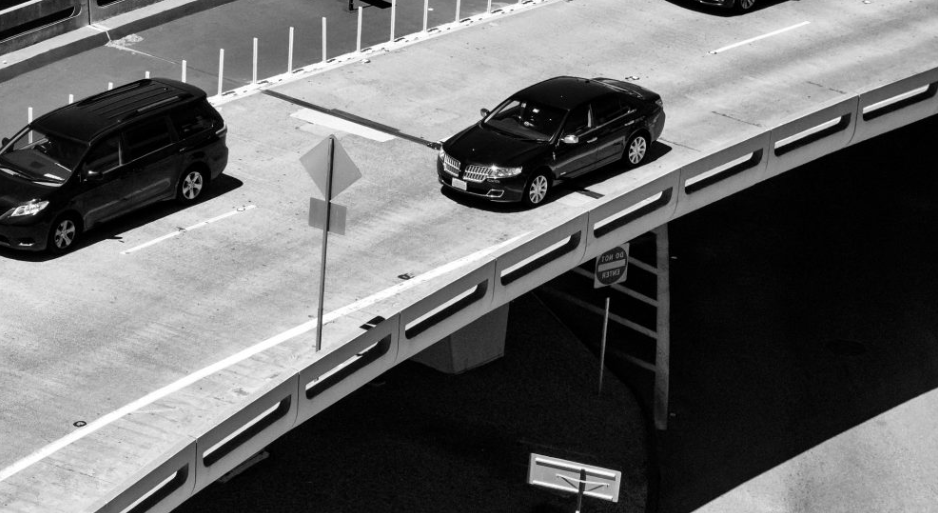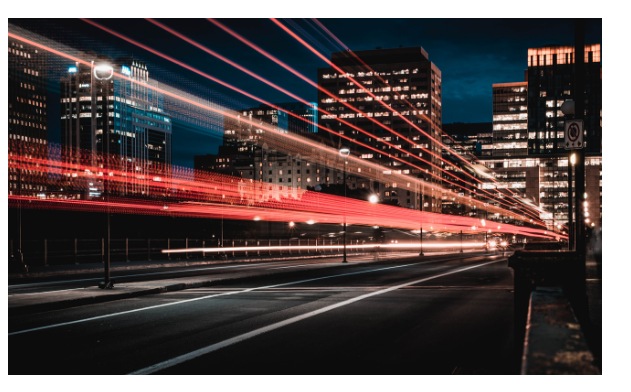|
Unprecedented business model shifts post-COVID have prompted a comprehensive reassessment of the role of chief financial officers, with a sharp focus on being facillitative, fair and building for the future.
Some 3.7 billion people around the world do not have internet, the majority of them living in developing countries. New and more affordable technology is helping to change that, by moving away from complex, cost-prohibitive infrastructure.
Offshore wind power has rapidly ascended the ranks of energy sources in the past decade. Its growth is expected to continue, with generation capacity predicted to soar from 35GW to 234GW over the next 10 years. However, maintaining offshore wind assets can be a highly polluting exercise in itself, requiring a smarter approach.
Infrastructure has a powerful role in economic recovery, following the damage caused by the Covid-19 pandemic. Many governments around the world, faced with enormous pressures, will make significant infrastructure investments to generate both an immediate boost and long term growth.
Well-judged infrastructure programs have been continually demonstrated as driving productivity and job creation. DELOITTE: The coronavirus pandemic has presented governments globally with unprecedented challenges, requiring a rapid response from both a public health and an economic perspective.
Typically, initial priorities have been to protect companies, employment and income among individual citizens in order to prop up economies. However, as longer term schemes are readied, programs can be designed with greater nuance and precision, with improved management, monitoring and adaptability ensuring success across delivery channels. Cars are becoming increasingly autonomous, with manufacturers moving ever closer towards fully driverless vehicles. For the insurance industry, the potential ramifications are transformational.
In view of this change, insurers clearly need to address some questions. First, who will be accountable in the case of accidents involving driverless vehicles? And will anyone need car insurance when they are not actually drivers of their vehicles? The identity and preference of drivers are becoming increasingly intertwined with their vehicles. We ask Roger
Lanctot, associate director at the global automotive practice of Strategy Analytics, what the future holds for connected services and security and the importance of consumer experience. Consumers constantly demand more from packaging. They want products to be environmentally friendly, and most are more likely to buy goods in packaging that represents them and their lifestyle. Glass gives brands endlessly recyclable and customisable packaging that empowers them to stand out even in the most fiercely competitive markets. It also allows them to preserve the subtle taste and texture of their products.
While glass, as with all packaging, had for some been viewed as a cost, the material is now increasingly viewed as a powerful brand asset. Euromonitor data shows a steady increase in glass usage since 2016. High glass-share segments, such as premium alcoholic beverages, are continually growing, and there is now increasing use of glass for packaging food and non-alcoholic drinks. Any individual’s experience of looking after their own wellbeing could typically involve factors such as good eating, exercise and treatments from medical specialists when needed. But a wealth of new technologies are now being made available to empower people in addressing their own health issues more consistently and help companies support employees in this area.
“Technology is putting control of a medical condition or a wellness desire in the hands of the consumer, and enabling them to be much more proactive in terms of health management and getting a better quality of life,” explains Richard Cooper, head of digital and ecommerce at private healthcare firm AXA PPP healthcare. The traditional car purchase could soon be a thing of the past. According to the consultancy firm PwC, by 2030, shared or autonomous vehicles will be responsible for up to 37 per cent of mileage driven globally. The era of cars on demand is here, and manufacturers must respond now.
In the last two years, luxury car manufacturer BMW has dramatically broken with tradition in an effort to reduce reliance on vehicle sales. The German company has been growing ReachNow, a program described as ‘Airbnb for cars’, which allows people to rent BMW vehicles from owners without all the typical costs. Rentals are made on demand via a peer‐to‐peer app. Ford and General Motors have created similar services. |
Recent portfolioA selection of articles, reports and other content. Archives
February 2024
Categories
All
|










 RSS Feed
RSS Feed
